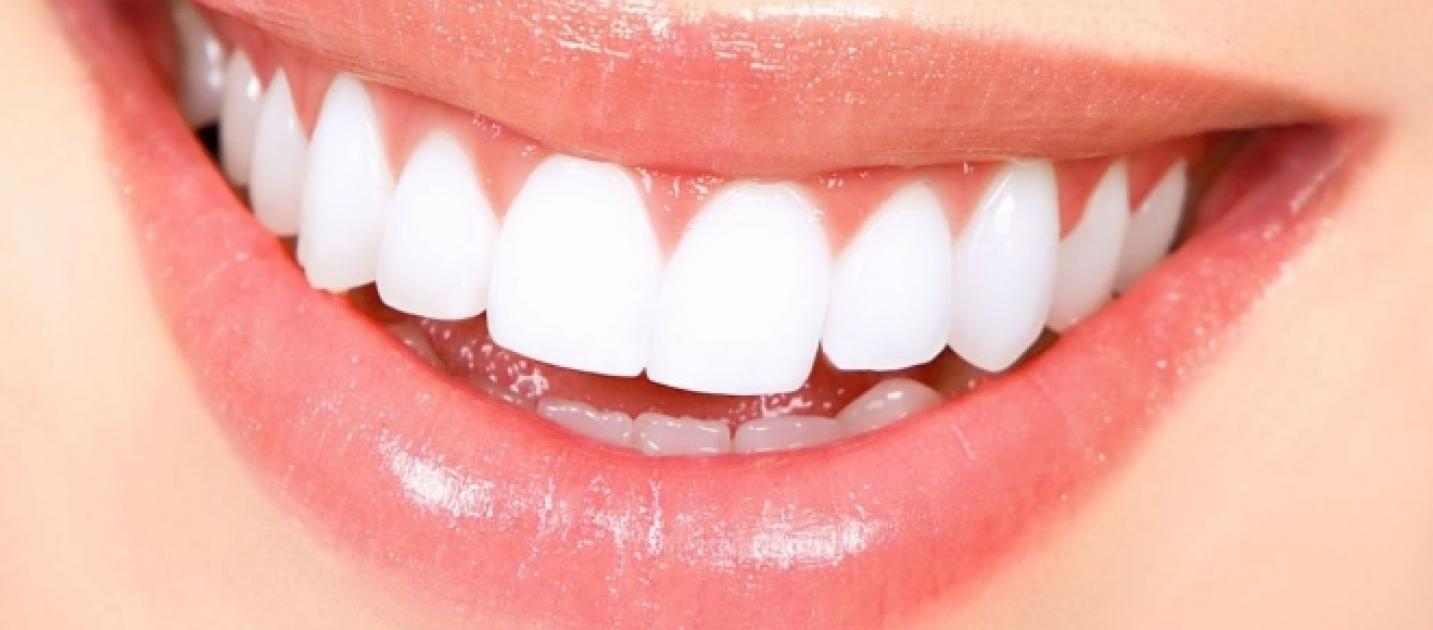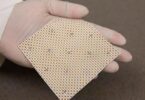Agroup of British scientists identified a medicine that can restore teeth from the inside out, reducing the need for artificial fillings.
The drug was previously used in Alzheimer’s clinical trials, and now seems to improve the tooth’s natural ability to heal itself. It works by activating stem cells within the pulp center of the tooth, which causes the damaged area to regenerate the hard dentine material that makes up the majority of a tooth.
The use of a drug that has already been used in clinical trials for Alzheimer’s disease provides an opportunity to get this dental treatment quickly in clinics.
It is also used to repair caries, stimulating the natural formation of restorative dentin through the mobilization of stem cells resident in the dental pulp. Since the transport sponge weakens over time, dentine replaces the weakened sponge, which leads to a complete and effective natural repair. The biodegradable, clinically approved collagen sponges are used to administer doses of the drug Tideglusib.
This technique was materialized in rodents obtaining positive results in the regeneration of the teeth. Researchers were able to grow new teeth in animals. The goal was achieved by placing a scaffold made of natural materials in the jaw and then placing stem cells that shape the new teeth.
The authors concluded that Tideglusib, to treat several neurological disorders, is able to create tooth enamel and rehabilitate holes and cavities naturally. In this regard, they considered that this procedure could replace many other conventional methods for dental treatment and improve the quality of life in general.
These and other innovations are now possible in Pharmamedic.









